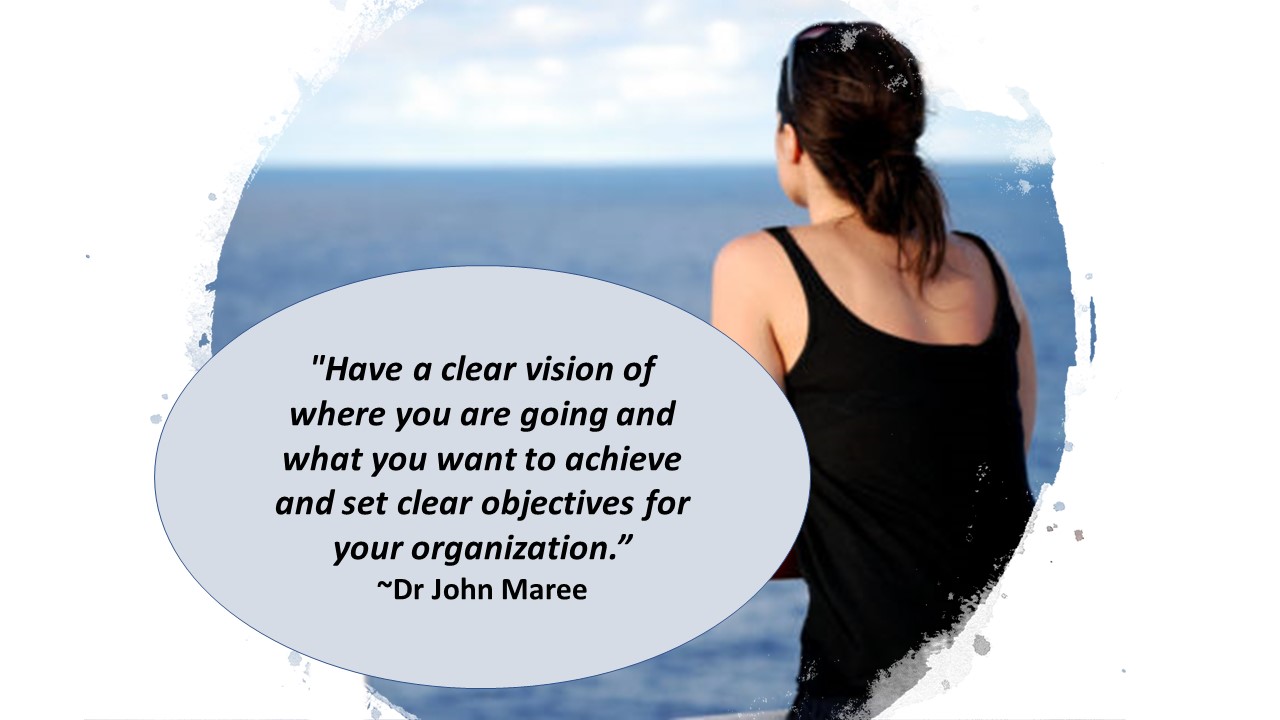By Thomas Davis, CRNA, MAE, Lt. Col. (ret)
Follow @procrnatom on Twitter
“Tell your doctor to order Clearfast two hours before your surgery,” implored the radio messenger. The audience listened raptly to claims that this potent preop drink, “… speeds recovery and promotes a better outcome for consumers…” than their less fortunate peers who suffer from the traditional 8-hour fast enforced by many anesthesia providers. The narrator continued by telling listeners that downing the drink 2 hours before surgery would be calming, provide a feeling of being hydrated and nourished, reduce postoperative infection and promote a comfortable recovery. I was shocked to hear a manufacturer bypass the collective wisdom of anesthesia providers and speak directly with future patients and encourage them to buy a product that would enhance recovery after surgery. After all, isn’t it our job to do preop teaching?
As evidenced by the number of medications being marketed via TV, radio and social media, direct marketing works. Pharmaceutical companies spend millions of dollars every year on direct marketing campaigns for one and only one reason; selling directly to the consumer works. As healthcare providers, we must learn from the business community and use direct marketing techniques to promote our individual practice as well as the status of our profession. Writing in Becker’s Hospital review, author Nick Ragone notes the importance of direct marketing and the use of technology to connect directly with future patients as well as the use of mobile devices to make access to care convenient, accessible and personalized.
Regardless of whether you are marketing your personal skills, your profession, or the organization where you currently work, Laura Dyrda (Becker’s ASC Review) offers suggestions for direct marketing your healthcare services.
- Direct mailing Snail mail may feel “so yesterday” but we still have postal service. A colorful, thoughtfully formatted postcard will catch the eye and advertise your group. A short newsletter outlining the ways in which consumers benefit from your services will attract a percentage of those in need.
- Attractive and interactive web site By necessity, direct marketing is a brief encounter with a potential client that may leave questions unanswered. Marketing should link people to a web site that is visually appealing and functional in every area, Including quick links to frequently asked questions and an interactive area for questions and answers.
- Social media It is not enough to have an award-winning web site; a presence on social media is needed to augment your direct marketing. Link your web site to social media and increase the number of potential clients that you capture.
- Write an article for a local rag or mag Newspapers have a health column and trade magazines are always seeking human interest stories. Put on your creative cap to assess the needs of your community and write an article to address local hot topics.
- Send a monthly newsletter Newsletters allow you to present your information in greater detail. Always keep the newsletter relatively short and very interesting to build a cadre of readers who look forward the next installment. Newsletters can be delivered via regular mail or via email with a link to a blog page on a web site.
- Conduct a local charity event Your group is placed in the spotlight and you can develop trust with the local community when you successfully sponsor an event to benefit a local charity. Pick your cause, design an event to promote the charity and do the work to make it a success. In my local area, CRNAs recently promoted our profession by sponsoring a blood drive. Last year the group did a children’s book drive to benefit the pediatric area of the hospital.
- Talk to civic groups Local groups such as Rotary, Lions, or VFW have monthly meetings and are always seeking local experts to enlighten the group on a variety of subjects. Select a healthcare-related issue and give a talk to a local civic group. When the group or an individual in attendance needs the services you provide, they will seek you.
- Support community events Many events in your local area can only happen with the assistance of people who volunteer their time to provide support. Local running events need teams of people to man the water stations. Health fairs need booths of eager healthcare workers to assist in health assessment. Career day at the local high school is dependent upon local experts entice students to take an interest in their line of work. All donations of time, energy or money help make it happen.
- Hang signs in waiting rooms Working long hours behind closed doors limits visibility and the opportunity for others to truly appreciate the valuable services provided by skilled advanced practice professionals. During CRNA week, rather than hanging signs in the lounge, hang them in patient waiting areas. “Wanted” posters picturing the CRNA or a healthcare worker of the month and his/her outstanding contribution can be simultaneously consciousness-raising and amusing while marketing the profession.
Pharm to table marketing works. When it’s implemented judiciously and in the right spirit, you are rewarded with a positive return on the resources invested. In a connected and mobile society, patients are not geographically tied to a specific area or provider; they are free to shop for services and select the provider who best serves their needs. Direct marketing has taught patients to request preoperative hydration as a means of improving outcome and direct marketing has the potential to build a population of patients who request Nurse Anesthesia to accompany their drink.
Thomas Davis is a noted leader, educator, speaker and clinical anesthetist.
